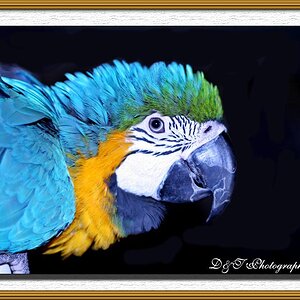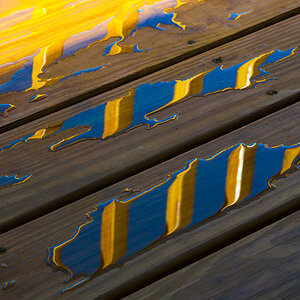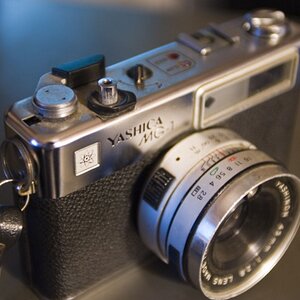Dale H. Cook
TPF Noob!
- Joined
- Oct 23, 2017
- Messages
- 44
- Reaction score
- 19
- Location
- Roanoke VA
- Website
- plymouthcolony.net
- Can others edit my Photos
- Photos NOT OK to edit
Tomorrow's annular solar eclipse reminds me that I need to ask about brands of eclipse filters for my K-70, as I am planning an overnight trip for next year's total eclipse. Are there any brands of eclipse filters that you would recommend, or any that you would suggest that I avoid?


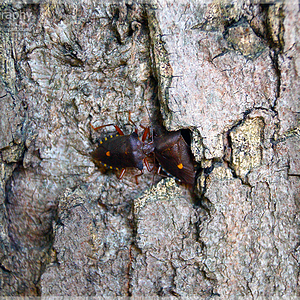
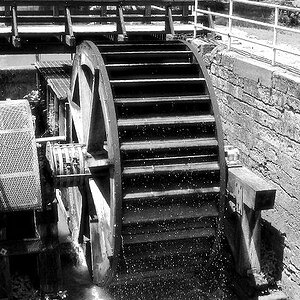
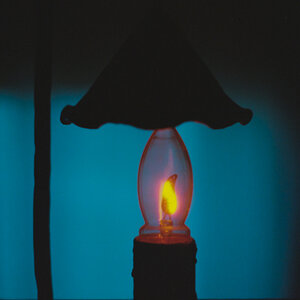
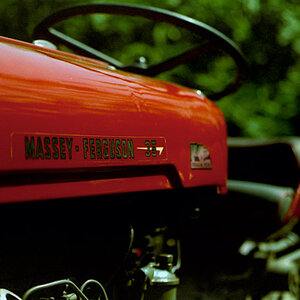
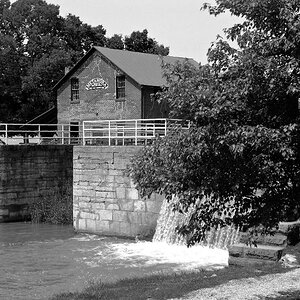
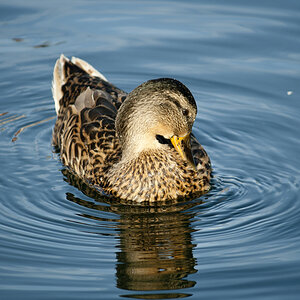
![[No title]](/data/xfmg/thumbnail/32/32981-27e3d29bfa5b1638f18299ec111c7b87.jpg?1619735812)
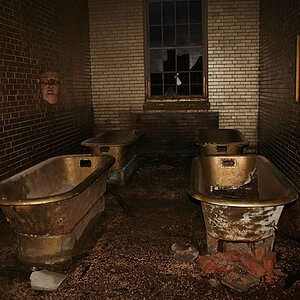
![[No title]](/data/xfmg/thumbnail/35/35664-428352d20c8015248f9625e246c3581c.jpg?1619737089)
